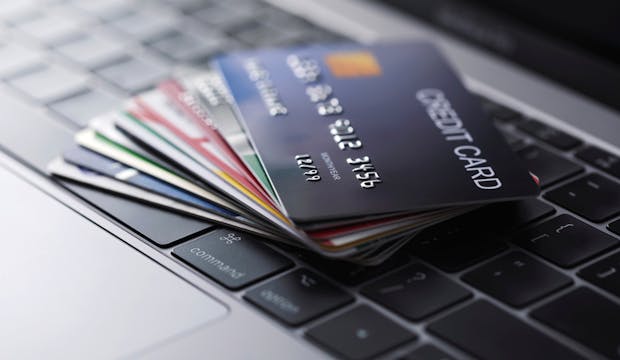5 Ways a Credit Card can Hurt your Credibility

You can borrow money using a credit card and spend it right away. You will usually have to repay whatever you have spent on a monthly basis. However, a credit card can hurt your creditworthiness in many ways. Understand how a credit card can impact the way you borrow any financial product by lowering your credit score.
You can borrow money using a credit card and spend it right away. You'll usually have to repay whatever you've spent on a monthly basis. Your spending limits, the amount of interest on any money you owe if you don't pay off the balance, are set in stone with the lender. Credit cards can have a variety of effects on your credit score. They have a crucial influence in how your credit scores are computed, from the application to the usage habits, and payment history – everything is taken into consideration while calculating your credit score.
The minute you apply for a credit card, it can have an impact on your credit score. Here are five (5) ways getting a credit card can affect your credit score:
1. Hard Credit Check on your Credit Report
Lenders will check your credit score to see how much of a risk you are as a borrower. There are two types of credit inquiries, and each has a different impact on your credit score. Your credit score is unaffected by soft inquiries. Hard credit checks aren't like that. Lenders make rigorous enquiries when deciding whether or not to give you money, and this can have a short-term negative impact on your credit score. A rigorous inquiry into your credit file when you apply for a new credit card will drop your credit score by a few points. While a hard inquiry will stay on your credit record for a certain time period.
2. High Credit Utilisation Ratio
If your credit usage percentage is too high, your credit score will go down. A credit utilisation ratio is calculated by dividing the total available credit with the credit amount actually used. Hence, make sure you're not using more than 30% of the available credit limit. Individuals, who often use more of their available credit, are considered to be risky prospects. Even if you pay your credit card bills in full and on time, lenders will be concerned if you max out your cards and have difficulties making future payments based on your credit history.
3. Making Late Repayments
This one may not come as a surprise, but making on-time monthly payments is an excellent strategy to protect and improve your credit score. It is critical to demonstrate to your lender that you can make timely payments, even if it's simply the minimum rather than the entire debt. Paying more than the minimum amount due on your credit card could save you money in the long term on interest costs. Set up a Direct Debit system if you have trouble remembering the due date.
4. Withdrawing Cash using your Credit Card
Using your debit card rather than your credit card to withdraw cash is often preferable. This is due to the fact that most credit card issuers levy an extra fee for withdrawing cash using a credit card. Even if you pay it back on time, you may end up paying interest on the cash withdrawal. When you use a credit card to withdraw cash, it is recorded on your credit report. This isn't necessarily a bad thing, but multiple cash withdrawals, like multiple credit applications, may give the impression that you are having financial difficulties.
5. Closing a Credit Card Account
It is one of the most popular myths about credit cards that cancelling a credit card will help you improve your credit score. Closing your credit card, however, will not remove the associated credit history from your report. Closing an old credit card account will have no immediate effect on your credit score, but over time, if the credit card is no longer shown on your credit report, you may see an unexpected drop in your credit score.
Having a credit card can help you in getting different forms of credit if you use it frequently and pay your bills on time. This demonstrates to lenders that you can make timely credit repayments, which will improve your creditworthiness when applying for a loan. If you have a bad credit rating, having a credit card and demonstrating that you can responsibly use it can help you improve it. When applying for a credit card, keep in mind that the lender will look at your credit history; a good score will usually benefit your application and offer you a better chance of earning better interest rates.



